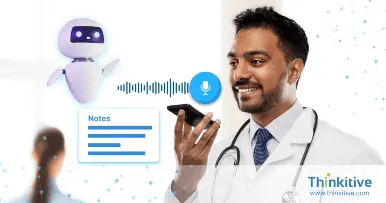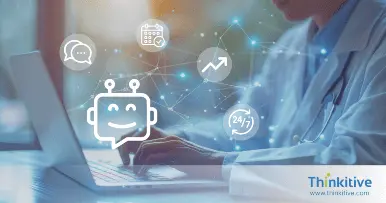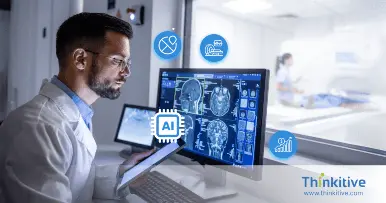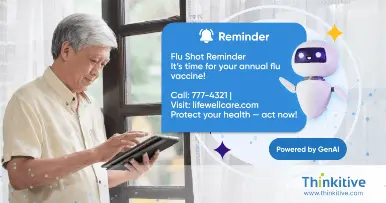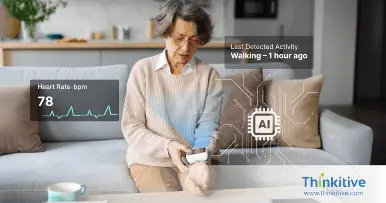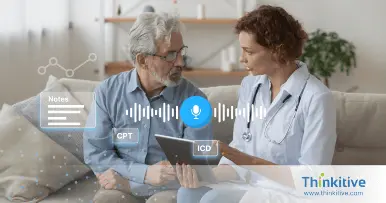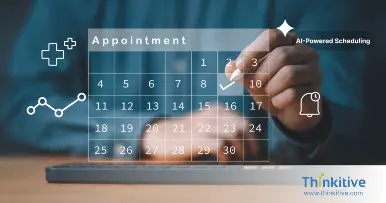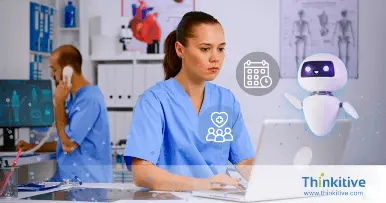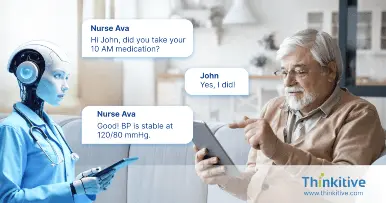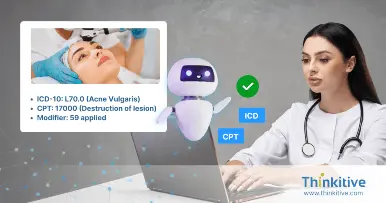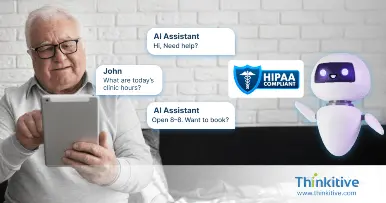Business Challenges
- Language Barriers Preventing Effective Patient Communication and Care Coordination.
- Limited Interpreter Services Creating Delays and Access Issues for Non-English Speakers.
- Inconsistent Health Information Delivery Across Different Language Communities.
- Cultural Misunderstandings Leading to Poor Patient Compliance and Health Outcomes.
- High Cost of Professional Translation Services Straining Limited Community Clinic Budgets.
- Staff Overwhelmed Managing Communications Across Multiple Languages and Dialects.
Solution
- Real-Time Multilingual Messaging: Generative AI healthcare applications provide instant communication in 6 languages with cultural context.
- Automated Health Information Translation: AI translates clinical materials, maintaining medical accuracy and cultural sensitivity.
- Cultural Communication Adaptation: GenAI adjusts messaging style based on community cultural preferences.
- Cost-Effective Language Access: AI-powered translation reduces dependency on expensive interpreter services.
- Unified Multilingual Platform: A single system manages patient communications across all supported languages.
- Community-Specific Content Generation: AI creates culturally appropriate health education materials for local populations.
Value Delivered
- 92% Improvement in Non-English Speaker Patient Engagement through native language communication.
- 85% Reduction in Translation Service Costs while expanding language access capabilities.
- 76% Increase in Health Information Comprehension across diverse community populations.
- 68% Better Cultural Communication Alignment, improving patient trust and compliance.
- 300% Expansion in Language Support from 2 to 6 languages without additional staffing.
- 89% Patient Satisfaction Improvement among non-English speaking community members.
Solution Implementation
Our client, a Federally Qualified Health Center (FQHC) serving a diverse urban community with over 12,000 patients representing six primary language groups, faced critical barriers in delivering equitable healthcare access across their multilingual patient population. With 85% of their patients preferring communication in languages other than English—including Spanish, Mandarin, Vietnamese, Arabic, Somali, and Hmong—the clinic struggled to provide consistent, culturally appropriate patient engagement, while managing limited budgets typical of community health centers. Their existing approach relied heavily on expensive professional interpreters and family member translations, creating delays in care, miscommunications, and disparities in health outcomes across different cultural communities. The clinic needed an innovative solution that could provide immediate, accurate, and culturally sensitive communication while remaining financially sustainable for their community-focused mission.
We implemented a comprehensive multilingual GenAI platform specifically designed for community health centers serving diverse populations. The system combines advanced translation capabilities with cultural adaptation algorithms to ensure that patient communications are not only linguistically accurate but also culturally appropriate and medically precise, enabling the clinic to serve its entire community with equal quality and accessibility.
Real-Time Multilingual Messaging
Our GenAI messaging platform provides instantaneous communication in six languages while maintaining the nuanced understanding required for effective healthcare interactions. The system processes patient inquiries, appointment reminders, health education materials, and clinical instructions through advanced neural translation models trained specifically on medical terminology and community health contexts. Beyond literal translation, the AI incorporates cultural communication patterns, appropriate formality levels, and community-specific health beliefs to ensure messages resonate effectively with each patient population. The platform maintains real-time conversation capabilities, enabling fluid back-and-forth communication between patients and clinic staff regardless of language barriers.
- Neural Translation Processing: Advanced AI models provide medically accurate translations across 6 community languages.
- Cultural Context Integration: The system incorporates community-specific communication patterns and cultural health perspectives.
- Real-Time Conversation Support: Fluid bidirectional communication enabling natural patient-provider interactions.
- Medical Terminology Accuracy: Specialized training ensures precise translation of clinical terms and health instructions.
Automated Health Information Translation
The AI platform automatically translates clinical materials, patient education resources, and health promotion content while preserving medical accuracy and cultural relevance. The system analyzes source materials to identify key health concepts, medical terminology, and educational objectives, then generates translations that maintain clinical precision while adapting to cultural health literacy levels and communication preferences of each community. Advanced quality assurance algorithms validate translations against medical standards and cultural appropriateness criteria, ensuring that health information remains both accurate and accessible across all language groups served by the clinic.
- Clinical Material Processing: AI translates patient education and health promotion materials with medical accuracy.
- Cultural Health Literacy Adaptation: The system adjusts content complexity and presentation to fit different community preferences.
- Medical Accuracy Validation: Quality assurance algorithms ensure clinical precision across all translated materials.
- Community-Specific Customization: Content adapted to cultural health beliefs and communication styles of each population.
Cultural Communication Adaptation
Our GenAI system goes beyond translation to provide culturally adapted communication that respects and incorporates the health beliefs, communication styles, and cultural practices of each community served. The platform analyzes cultural communication patterns, preferred interaction styles, and health decision-making processes specific to each language community, then adjusts messaging tone, content structure, and health recommendations accordingly. This cultural intelligence enables more effective patient engagement by presenting health information in ways that align with each community's cultural framework while maintaining clinical accuracy and therapeutic goals.
- Cultural Intelligence Integration: AI understands and adapts to community-specific health beliefs and communication preferences.
- Communication Style Adaptation: The system adjusts tone, formality, and interaction patterns for each cultural community.
- Health Decision-Making Alignment: Content presentation respects cultural approaches to healthcare decisions and family involvement.
- Community Cultural Framework: Messaging incorporates cultural health practices and traditional medicine perspectives appropriately.
Cost-Effective Language Access
The AI-powered translation system dramatically reduces reliance on expensive professional interpreter services while expanding language access capabilities beyond what traditional human interpreter models could provide. The platform offers immediate translation services 24/7 without scheduling constraints or hourly fees, enabling community clinics to provide comprehensive language support within limited budgets. Advanced cost analytics track translation service usage and demonstrate significant savings compared to traditional interpreter services. At the same time, quality metrics ensure that cost-effectiveness doesn't compromise communication accuracy or patient care quality.
- 24/7 Translation Availability: Immediate language access without scheduling constraints or interpreter availability limitations.
- Significant Cost Reduction: AI translation eliminates recurring interpreter fees while expanding service capabilities.
- Budget-Friendly Scaling: Community clinics can serve more languages without proportional increases in operational costs.
- Quality-Cost Balance: System maintains high translation accuracy while delivering substantial cost savings for FQHCs.
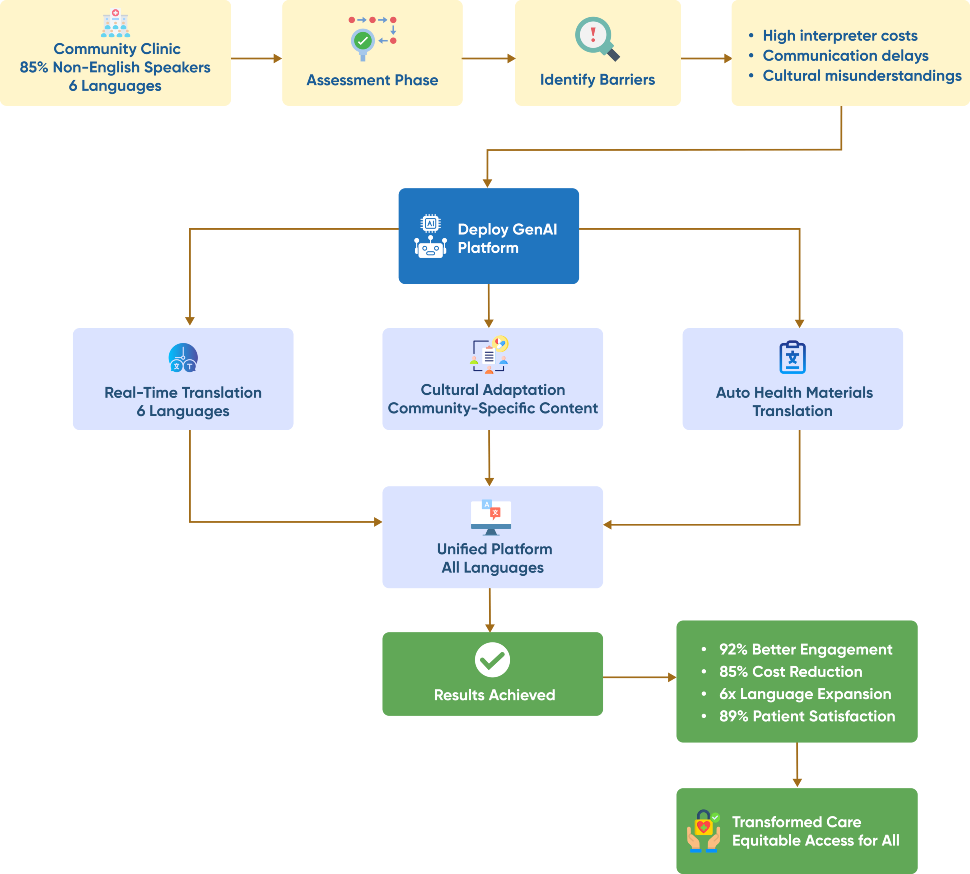
Business Value
Improving UX
Helped being on the same page with the patients. We improved User experience and made the accuracy of the results higher.
Developing All Flow
Helped in having a competitive advantage. We chose a proper tech stack, developed all flow from A to Z and implemented in real life.
Optimization
Increasing operational speed by 2 times. Now all data in one place. Increasing operational speed by 2 times. Now all data in one place.
Transform Your Business with Powerful Insights Enabled by Cutting- Edge Generative AI


